I ran into this post on Facebook today.
As Karthik Srinivasan says, the brand connect is a bit weak, and the ad is kinda predictable after a point. That said, I wanted to speak of something else in this regard.
I grew up watching ‘Amar Akbar Anthony’. I grew up watching Amitabh always being an atheist when having a Hindu identity and a devout Muslim/Christian when having a Muslim/Christian one.
I grew up watching ‘Tree of Unity’ (1972) and ‘Ek Anek Ekta’ (1974) made by Films Division of India. I grew up listening to ‘Spread the light of freedom’ (1984) and ‘Mile sure mera tumhara’ (1988) by Doordarshan.
I grew up reciting the National Pledge in the morning assembly at my school (I remember whispering ‘…except one’ after ‘All Indians are my brothers and sisters’, like almost every other student did back then).
I grew up hearing about ‘national integration’ and ‘unity in diversity’. I grew up waking up early to see the Republic Day Parade with its kitschy displays and ‘folk dances’ and the dangerous, yet tacky ‘all religions balancing on one Bullet motorcycle’ ride-past by the BSF (and wondering how Komal GB Singh and Jasdev Singh could perch where they claimed they were located, ‘from the top of India Gate’). I grew up attending Air Force parades marching to ‘Sare Jahaan Se Achha’.
I grew up seeing advertisements that played on unity and secularism, national integration and fraternity, and diversity and multiculturalism by almost every corporate and every brand during the run-up for every festival (and sometimes, even otherwise, outside the festive season).
I grew up seeing that sign that puts the names of all religions one under the other and then somehow contorts and twists the letters of the alphabet to get I-N-D-I-A-N from it.
I grew up watching movies with titles that came on in English, Devnagari, and Urdu. I grew up seeing the kind Muslim uncle, or the family doctor, or friend, or employee, or policeman, or government servant in every movie where the villain’s name was studiously and very purposefully non-religious (or, if it had to be evident, rarely from a minority community, unless they were playing foreigners, in which case, the name had more to do with their foreign, read British, ancestry than their religion, Christianity). I grew up watching the Muslim side hero showing how much he loved his country by the time the movie finished. I grew up watching qawalis on screen like how item numbers are today.
I grew up listening to ‘Mere Desh ki Dharti’ and ‘Chhodo kal ki baatein’ on radio and on loudspeakers during 26 January and 15 August celebrations.
I grew up watching advertisements from Bajaj and Tatas, HUL and Godrej, Cadbury’s and Bata that had national integration and fraternity, unity in diversity and challenging stereotypes, feminism and progressive thought as their themes.
Then, I grew up.
I looked back at all of those things. And I cringed. I saw them for what they were: virtue signalling. Trying to show something we desperately wanted to be, but were not yet there, and so had to make a song & dance (sometimes literally) about it. Like how someone insecure is louder, more aggressive, and more combative. Like how a small dog snaps and growls and bares his teeth more than a large one. Like how a police officer without a sidearm is less polite than one with a gun. Like how a closet gay politician or religious leader is the most vociferous in their denouncing of homosexuality, until they are outed. Because behind all the bluff & bluster, we were hiding from the fact that we were nothing of what we continued to claim we were, and that we shouted from rooftops for anyone willing to listen.
In short, I was embarrassed by how loudly and how vulgarly we virtue signalled to not just the world (which was fine) but to ourselves that we are united, that we are secular, that we are equal, that we are just, that we are together, that we are one. As if we were scared that if we didn’t shout loud enough, we would be outed as the posturing imposters that we were. That we would stop believing in these things if we didn’t constantly keep reminding our own selves!
I thought these protestations were unnecessary. That ‘Amar Akbar Anthony’ was cringey to the point of me shuddering with even the thought of that unscientific, unnecessary, and frankly silly scene of the three sons giving their blood directly to the mother, amongst other, equally silly ideas and their picturisation. We were a modern nation, with modern temples (as Nehru said about the dams and factories back then) and a modern outlook. We were a nation of the 21st century. We were an IT superpower. We were heard and listened to around the world. Our democracy was strong and our people, stronger. We had arrived. We didn’t need these crutches any more. Where we stood, we really should not have to tell ourselves that we are still united, that we are still secular, that we are still one nation and one people, that we love each other, that we are all brothers & sisters. It was time to discard these vestiges of our colonial past, remnants of our insecurities, and manifestations of our fears. Right?
Wrong.
Today, in 2022, I know better. I realise that we are still far from being united, or secular, or equal, or just, or fair, or kind, or loving, or indeed even simply human. And we are most definitely very far from being one nation and one people. That those people, whether the maker of ‘Amar Akbar Anthony’ or the producer of ‘Mile sure mera tumhara’ understood this far better than I and there was a reason why they made what they made. The government in those times realised what was required, and encouraged, even funded and publicised, their efforts. The entire state machinery was geared towards making us more human and humane. We were told stories (most of them apocryphal, and some, completely made-up) of how pre-colonial India was more united, more loving, more self-sufficient, more peaceful, more beautiful, and how, if we must think of our past (because most of our leaders wanted us to think of the future), we must think of it in terms of these points of reference. All that happened based on this premise and this objective was seen by people like me as cringey virtue signalling.
I realise now how stupid I was. And how badly I long for some of that today!
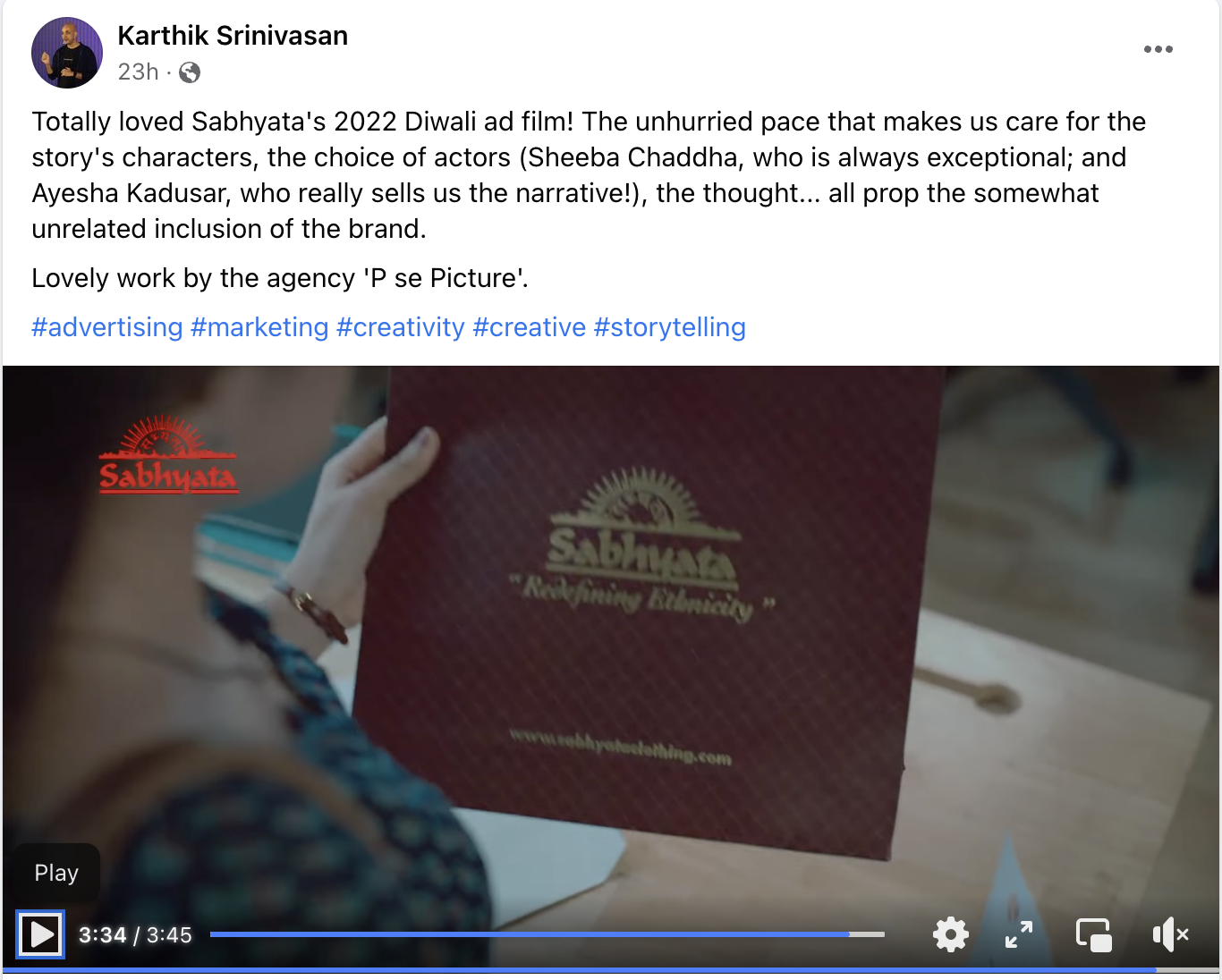
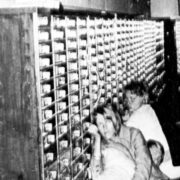


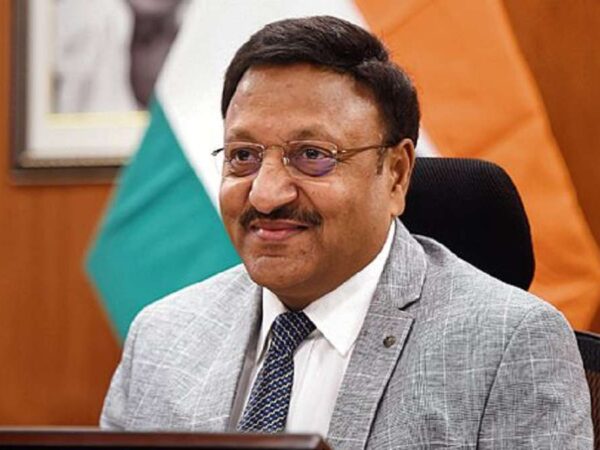
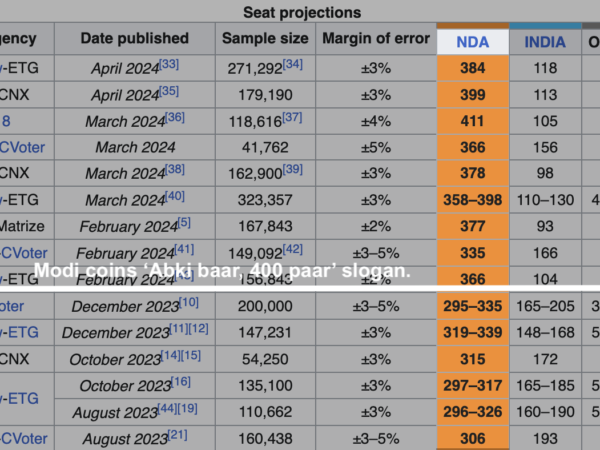
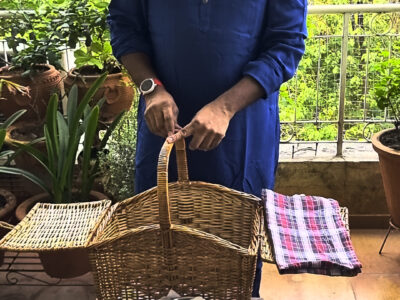

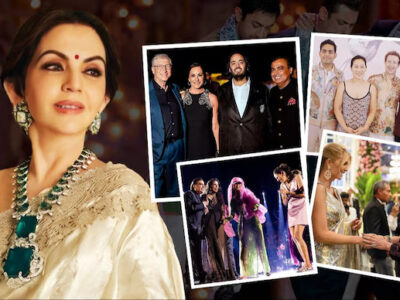
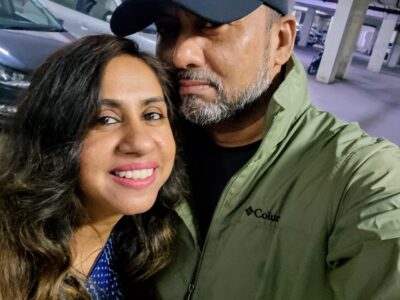






![Mr Baba: 'Would you like to take off the backpack now that you've been downstairs for like 30 minutes?'
Ms Kym-Kym: 'I like it like this. You should try it. It's very comfortable.'
Mr Baba: [Pulling on his backpack] 'Hmmm, you're right. That's rather snug.'
Ms Kym-Kym: 'Twinning! Yay!'
#LuckiestManAlive #BearFamily](https://scontent-lax3-1.cdninstagram.com/v/t51.29350-15/416920031_3373151642830342_6696851954454537274_n.webp?stp=dst-jpg&_nc_cat=105&ccb=1-7&_nc_sid=18de74&_nc_ohc=ZMLmjPdSAEUAX8nnJex&_nc_ht=scontent-lax3-1.cdninstagram.com&edm=ANo9K5cEAAAA&oh=00_AfB0olvUVmnenPKd2wCllMDehg5gzDgAbc4BDsGLqIm6pA&oe=65BA4561)

![Kym: 'Mr Baba, can I tell you something wierd? You can actually get tired from doing nothing!!'
Me: 'It is called boredom.'
Kym: 'Noooo. I mean, like physically tired.'
Me: 'One can get tired and sleepy due to boredom. I remember reading about it somewhere. Let's find out.'
[Some Googling later]
Me: 'It says here that "A new paper published in the journal Nature Communications finds that a part of the brain that is associated with motivation and pleasure - the nucleus accumbens - also can produce sleep. The new findings may explain why we have the tendency to fall asleep in the absence of motivating stimuli, i.e., when bored." Isnt it interesting?'
Kym: 'I already knew that. Why do you need to research things we already know?'
Me: [Finding a subject worth talking about now]: ' Ah well, that's what we'll talk of tomorrow on your morning run. It's very interesting the way science is done and our understanding of the universe is expanded.'
Kym: 'Can we talk of unicorns instead?'
Me: 'Sure. How do you know they exist? That's an interesting question too that you can use the scientific method to answer.'
Kym: 'Do they have to exist for us to talk about them? We can just pretend they do for an hour and have fun.'
Me: [Laughing] 'Yes, sure. We can do that too.'
#BabaBabyConversations #BearFamily #KymAndI](https://scontent-lax3-1.cdninstagram.com/v/t51.29350-15/416410840_383105434396466_2267910263456009774_n.webp?stp=dst-jpg&_nc_cat=104&ccb=1-7&_nc_sid=18de74&_nc_ohc=LIozs445JFcAX_48wGC&_nc_ht=scontent-lax3-1.cdninstagram.com&edm=ANo9K5cEAAAA&oh=00_AfDQ2qbb0yO_wUmLj_L0ZxF61eDdwlIN-vyrd8GZe_pBMQ&oe=65BAFA57)










